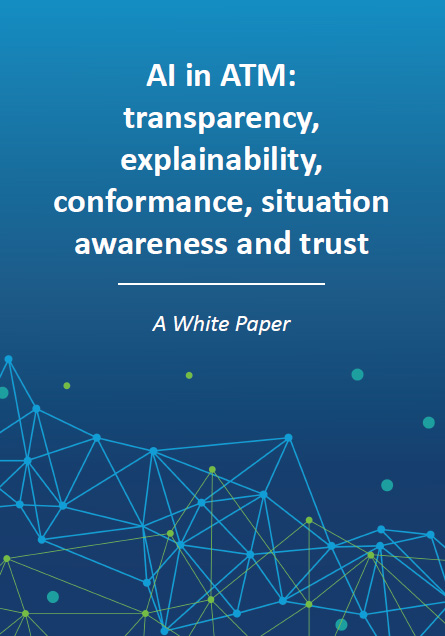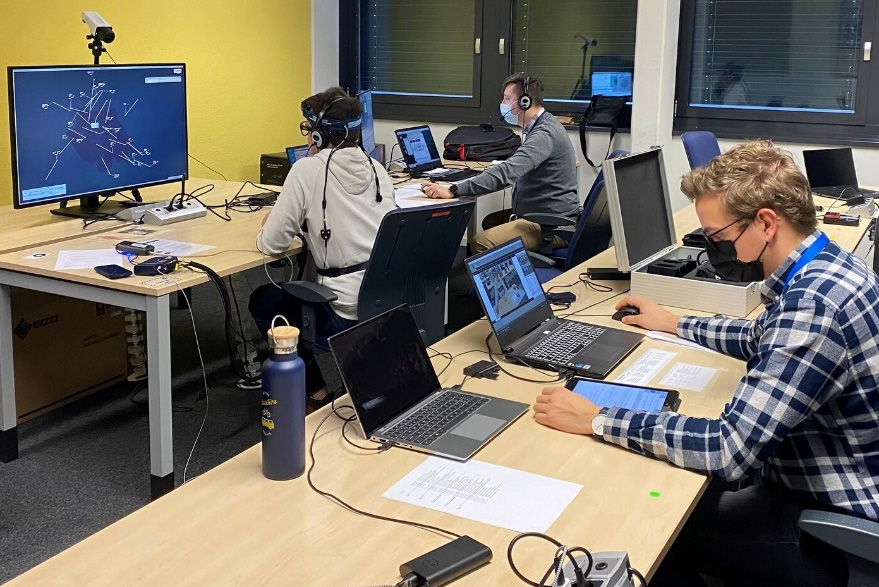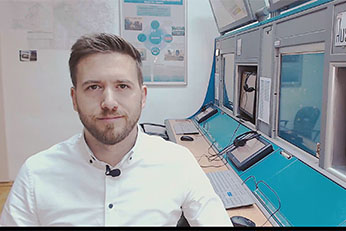In short

|
|
|---|---|
|
PROJECT ID
|
AISA |
|
PROJECT DURATION
|
2020-06-01 > 2022-11-30 |
|
PROJECT TYPE
|
Exploratory research |
|
TOTAL COST
|
EUR 990 125 |
|
EU CONTR.
|
EUR 990 125 |
|
STATUS
|
Ongoing |
Objectives
While we accept automation as part of our daily lives, increasing its role in air traffic control requires automated data to be verified and specific in its application before it can be safely integrated into operations. In a domain-specific application, this SESAR exploratory research project explored the effects of human-machine distributed situational awareness, and opportunities to automate monitoring tasks, in en-route operations. It identified the data needed by the air traffic controller and developed a method to provide that data. It also investigated how to adapt the automated system to accommodate changes and ensure business continuity and safety.
The artificial situational awareness system developed by the project collected high-integrity information (using aeronautical information exchange models) to create a knowledge graph describing the traffic situation at sector level. The knowledge-based system managed and executed factual knowledge and added rule-based knowledge on top via reasoning engine. The knowledge-graph was integrated with multiple machine-learning modules which enabled the assessment of probabilistic events (e.g. aircraft trajectory prediction or conflict detection). By combining the reasoning engine with machine-learning, the system could assess complex interactions between objects, draw and explain conclusions, and predict future system states.
Air traffic controllers at Skyguide’s facilities in Zurich conducted human-in-the-loop simulations with two main goals: First, to compare human and artificial situational awareness; second, to assess the feasibility of integrating artificial situational awareness system into team situation awareness. The experiments showed that the artificial situational awareness system is comparable to human situational awareness, however a lot of work remains to be done to successfully integrate the two.
The project laid the foundation for further research into human-machine shared situational awareness and integration of machine learning-based automation with knowledge graph systems. Longer term, it supports safety enhancements by bringing high reliability to repetitive monitoring tasks.
Benefits
- Efficient human-machine collaboration
- Automation of monitoring tasks
- Enables machine learning
Participants
Skyguide
SLOT Consulting Kereskedelmi, Szolgáltató, Tanácsadó Korlátolt Felelosségü Társaság
Sveuciliste u Zagrebu Fakultet prometnih znanosti (coordinator)
Technische Universität Braunschweig
Universidad Politécnica de Madrid
Johannes Kepler Universität Linz
Zürcher Hochschule für Angewandte Wissenschaften
This project has received funding from the SESAR Joint Undertaking under the European Union's Horizon 2020 research and innovation programme under grant agreement No 892618





